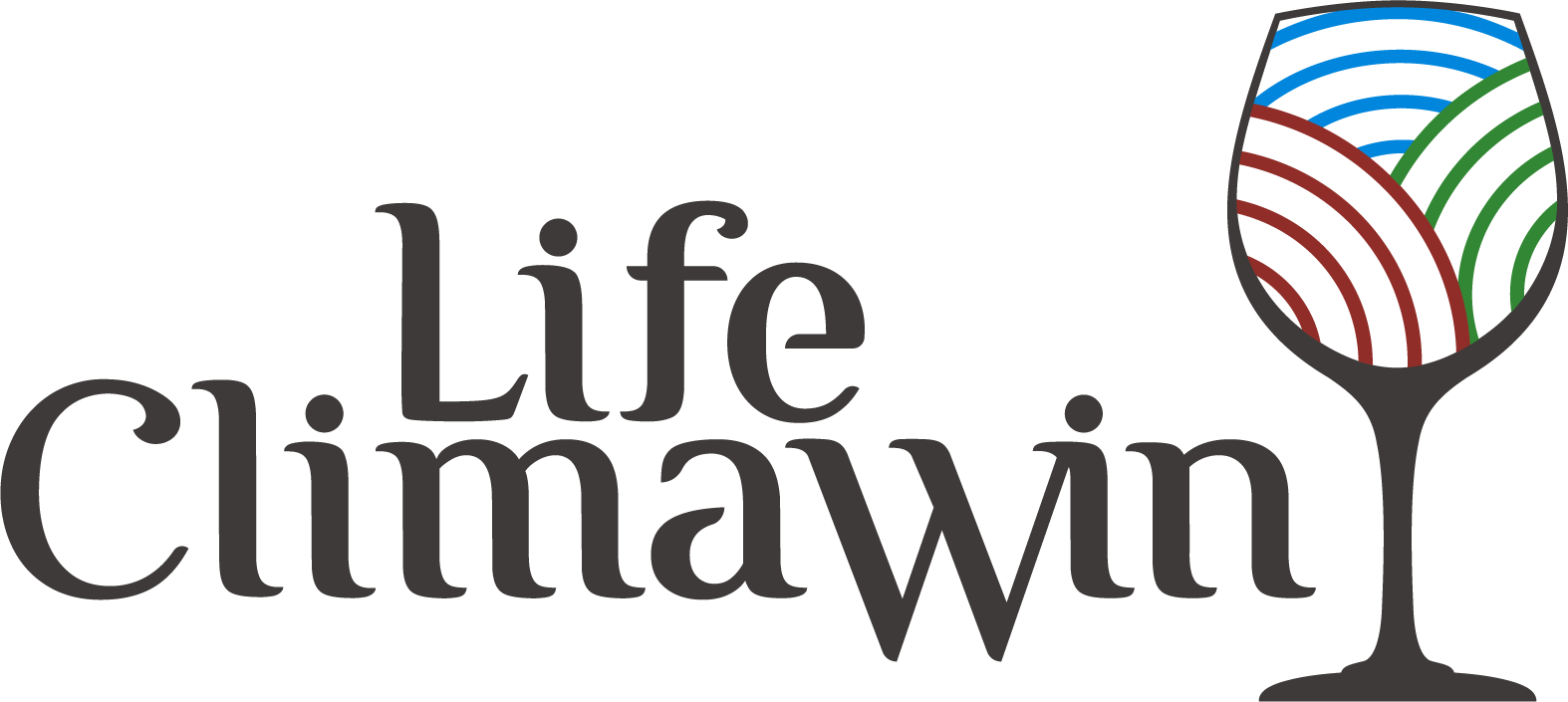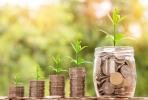
LIFE Project: Climate Change Mitigation in the Wine Sector: Sustainable Practices in Vineyards and Wineries
- Type Project
- Status In progress
- Execution 2023 -2026
- Assigned Budget 994,195 €
- Scope Europeo
- Autonomous community Madrid, Comunidad de
- Main source of financing LIFE
- Project website Web del proyecto
The LIFE CLIMAWIN project addresses the problem of climate change by engaging the wine sector in its mitigation. Wineries and vineyards will be transformed by adopting a series of climate change mitigation measures, including emissions reduction, carbon capture and utilization, sustainable land use in agriculture and forestry, and the avoidance of fossil fuels and fluorinated gases.
The wine industry is at risk due to significant climate-related threats. Climate change and global warming have a major impact on wine production and quality, and numerous studies warn of the risks in wine-growing regions, especially in the most important ones in Europe. This is even more significant considering the size of the European wine industry. According to data from the International Organization of Vine and Wine (OIV), in 2019 the global area dedicated to vines reached 7.3 million hectares, of which 3.7 million hectares were under European vineyards. Global wine production amounts to 257 million hectoliters (hl), of which the EU produced approximately 163 million hl, or more than 63% of the world's wine.
Therefore, it is highly desirable for wine companies to focus not only on adaptation but also on how they can contribute to climate change mitigation. The wine sector has significant potential to achieve major improvements in sustainability, but has been too slow to adopt mitigation measures.
- Demonstrate that wineries and vineyards can become models of sustainability by encouraging them to adopt measures to address climate change, including mitigation, adaptation, and the circular economy.
- To assess the impact and greenhouse gas (GHG) mitigation potential of land use change from traditional cereal monoculture to organically managed vineyards combined with forestry.
- Achieve long-term carbon storage in the soil by reusing vineyard prunings and forest management residues as biochar. The biochar will be used to control GHG emissions from manure management and will end up in the soil along with the manure, thus ensuring long-term carbon sequestration.
- To present two innovative techniques to reduce emissions generated by refrigeration in wineries, avoiding the purchase of CO2 and the use of hydrofluorocarbons (HFCs). This will be achieved by a) capturing the CO2 produced by alcoholic fermentation and using it for refrigeration, and b) using irrigation water to increase the efficiency of heat pumps for cooling fermentation tanks and winery facilities.
- Reduce emissions associated with energy consumption in wineries and vineyards by significantly increasing the proportion of renewable energy consumed. A microgrid will be set up, whose energy flows will be intelligently and advancedly managed by a control device designed specifically for the winery and vineyard. This will drastically reduce the use of fossil fuels.
- To facilitate how winery managers can identify the most effective and efficient mitigation measures and promote their implementation by providing comprehensive analysis and guidance for decision-makers.
- Three prototypes: A device for capturing and storing CO2, for use in cooling in the form of dry ice (WP3). A hydrothermal heat exchanger for incorporation into existing cooling systems, which exploits the thermal jump in water extracted for irrigation (WP3). A microgrid controller, specifically designed for energy management in vineyards and wineries, which maximizes the renewable energy fraction while minimizing CO2 emissions and reducing energy costs (WP4).
- Business plans to bring prototypes to market.
- A guide to help vineyard and winery managers find the most appropriate climate change mitigation measures for their business.
- Four main reports: Report on the impact of different land-use types on soil carbon stocks. Report on the impact of different agricultural practices on GHG emissions. Study on the sustainability status of Spanish wineries. Guidelines for addressing climate change in wine companies.
- Two promotional videos and a compilation of technical and scientific publications.
- Coordinator/entity name: Luis Valiño
Postal address: CALLE SERRANO 117, 28006, Madrid,
- AGENCIA ESTATAL CONSEJO SUPERIOR DE INVESTIGACIONES CIENTIFICAS
- ASOCIACION PLATAFORMA TECNOLOGICA DEL VINO DE ESPANA
- UNIVERSIDAD DE ZARAGOZA
- BOSQUE DE MATASNOS SA
- INTERGIA ENERGIA SOSTENIBLE SL







